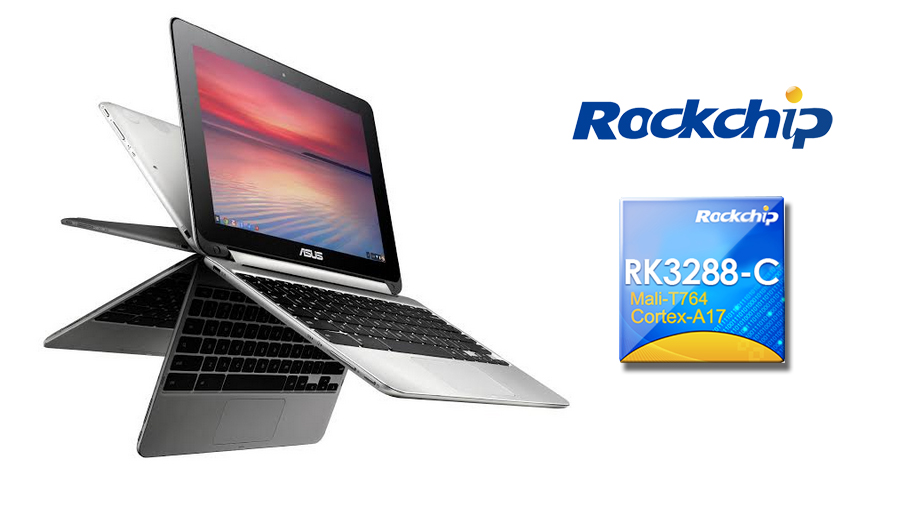RK3288C Chromebooks deliver more of what educators and students need!
2016-02-19
Moor Insights & Strategy (MI&S), a leading technology industry analyst firm, conducted primary research with educators and performed technical benchmark testing on behalf of ARM Holdings on both ARM- and x86-based Chromebooks. ARM’s heritage and experience in enabling quality mobile experiences through rich graphics and power efficient CPUs enable ARM-based Chromebooks powered by RK3288C to deliver much of what educators and students need. MI&S recommends that educators add RK3288C Chromebooks powered by RK3288C to their Chromebook consideration set.
Please download the completed paper here.

Table of Contents
·Executive Summary
·Research
·Background
·Usage
·Pain Points
·Why Chromebooks for Education?
·The Chrome OS Hardware Ecosystem
·Testing Methodology
·Testing Results
·Page Load Test
·Chrome Connectivity Diagnostics
·Battery Life on Video Playback
·3D Graphics
·WebGL Samples
·Biodigital Human
·Project Metis Solar System
·Video Performance
·VoiceNote II
·Google Docs Suite
·Office Online
·System Average Power Consumption
·Charge Time
·Interpretation
·Conclusion
·Recommendation
·Glossary
·Table 1: Chromebook Specifications
·Figure 1A: Biodigital Human Rendering on ARM-Based Chromebook at Maximum 1280×800 Resolution
·Figure 1B: Biodigital Human 3D Rendering on x86-based Chromebook at Maximum 1366×768 Resolution
·Figure 2A: Project Metis Solar System 3D Rendering on ARM-based Chromebook at Maximum 1280×800 Resolution
·Figure2B: Project Metis Solar System 3D Rendering on x86-based Chromebook at Maximum 1366×768 Resolution
Pre: Ultralow WiFi RKi6000 Strongly Powers IoT! RKi6000 Smart Home Products Unveiled at MWC Next:RK3288 Chromebit turns a TV into a PC! Only sale for $85!




 闽公网安备 35010202001061号
闽公网安备 35010202001061号